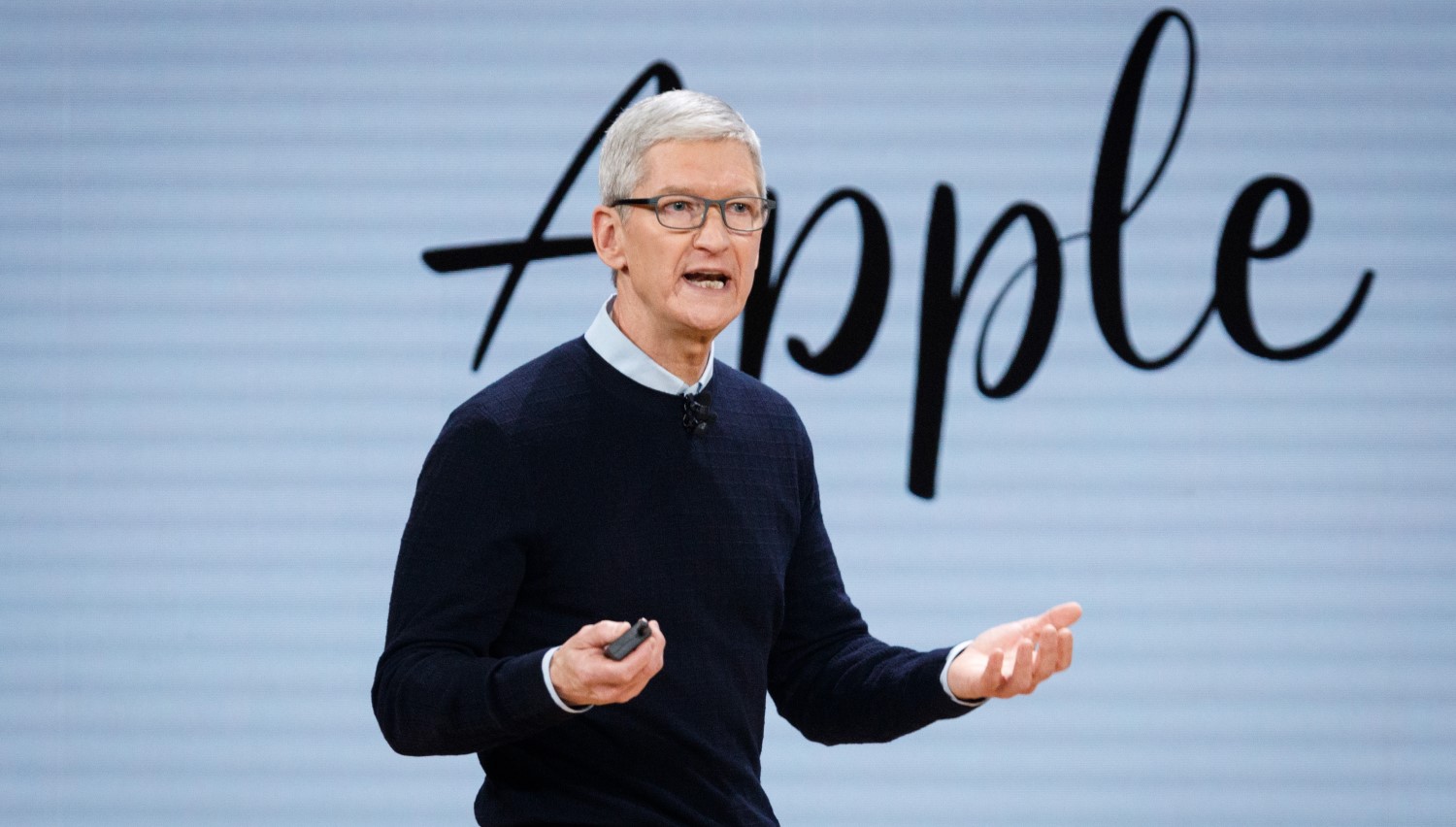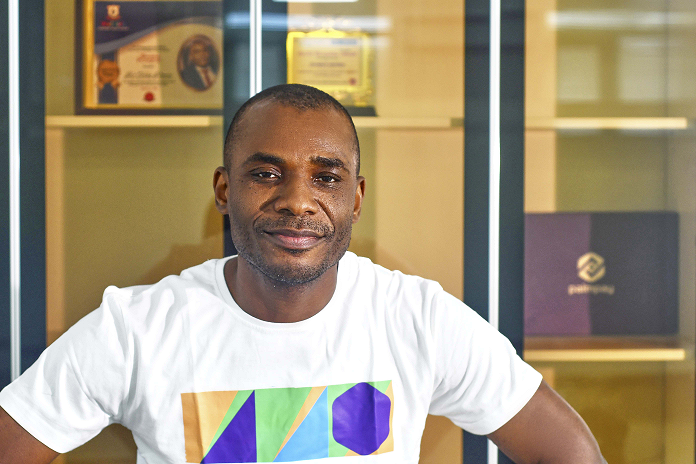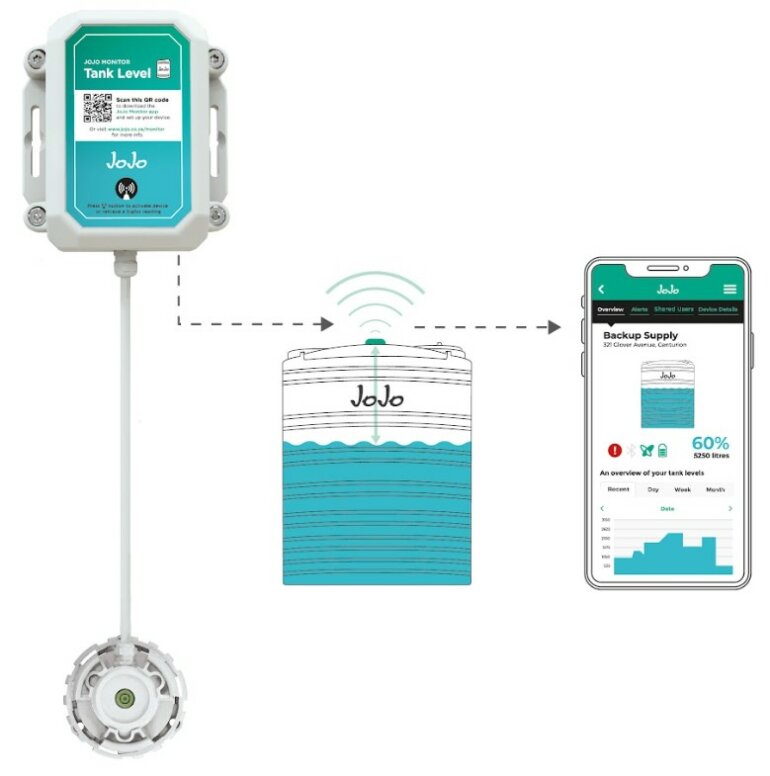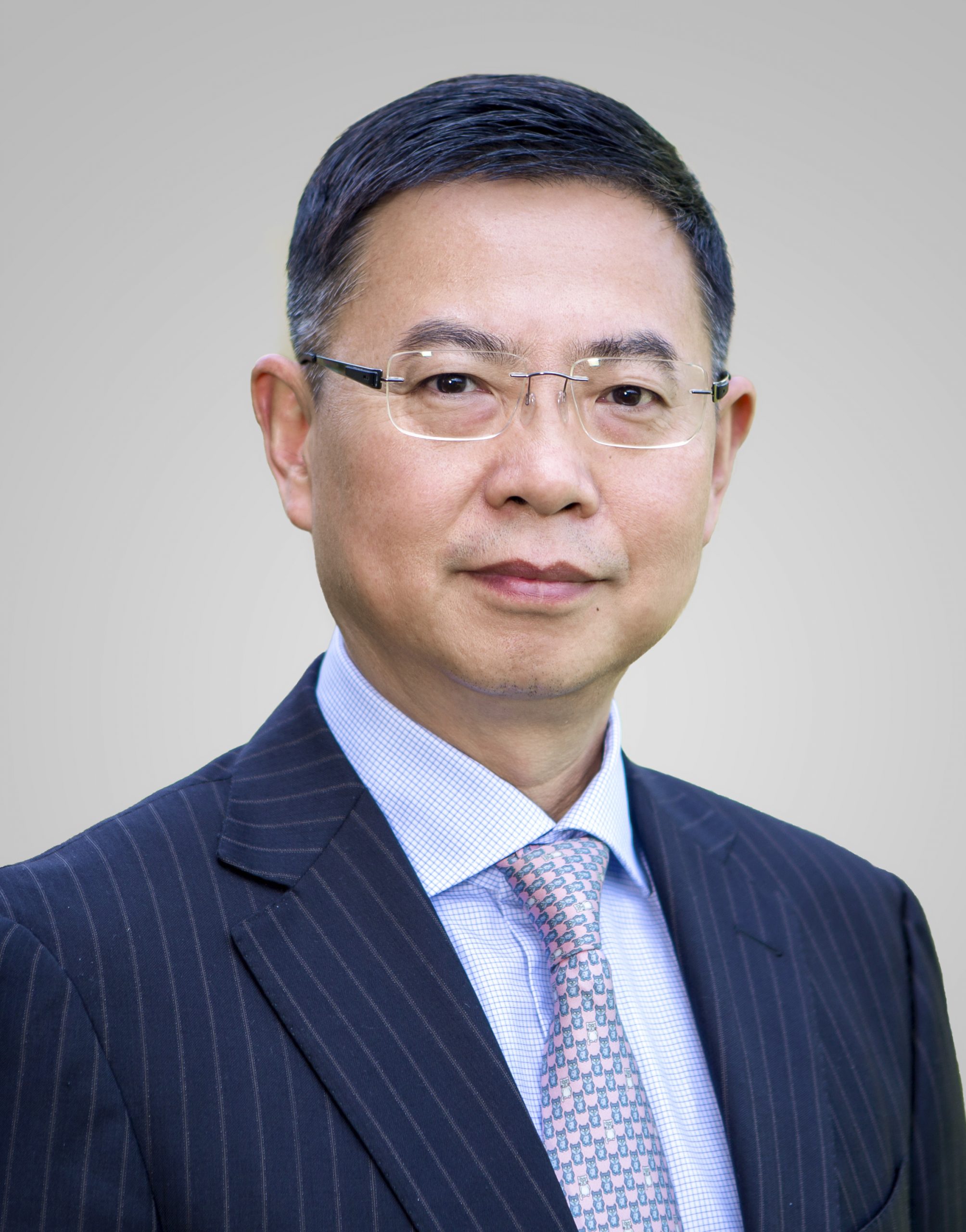iPhone 15 Price Hike is Subtle Revenue-Boosting Strategy at Apple
Apple enacted its long-awaited iPhone price increase with as much subtlety as possible, part of an effort to wring more money from consumers without triggering sticker shock.
On Tuesday, the company boosted the price of just one iPhone model — the top-end Pro Max, which climbed by US$100 to $1 199 — while leaving the other three new versions unchanged. And even the now-costlier new phone will come with twice as much storage, letting Apple argue that it wasn’t really a price increase at all.
The move fits a pattern for the company, which needs to tread lightly with inflation-wary shoppers. Apple isn’t making dramatic changes to its prices, but it’s finding new ways for shoppers to spend more. The company is packing its upscale iPhones with exclusive features, such as better zoom lenses and titanium frames, to nudge shoppers towards bigger-ticket items.

Apple is contending with an industry wide smartphone slump, giving it less leverage to increase prices.
Even Apple’s switch to a USB-C port on the iPhone — an EU-mandated move the company initially opposed — will bring fresh ways to generate revenue. If consumers want their AirPods to have the same connector as the latest iPhones, they’ll have to spend $249 for a new pair. If they want to use their old Lightning chargers, they can buy an adapter from Apple for $29.
Read also : Liquid Intelligent Technologies Improving Connectivity, Driving Intra-African Digital Trade
Some investors had hoped that Apple would raise prices more broadly, one reason they gave a cool reaction to Apple’s iPhone event Tuesday, according to Evercore ISI analyst Amit Daryanani. The shares slipped 1.7% to $176.30.
But Apple is contending with an industrywide smartphone slump, giving it less leverage to increase prices. Worldwide smartphone shipments fell nearly 7% last quarter, according to IDC, hitting the company’s biggest source of revenue. Troubles in China, where it faces a widening government ban and competition with an advanced new phone from Huawei Technologies, have only added to the pressure.
Unchanged
And so, Apple will keep the lower-end version of the iPhone 15 at $799, while the entry-level Pro model remains at $999 — a price that was considered eye-popping when the iPhone X debuted at that level in 2017.
Though the starting Pro Max will be nearly 10% more expensive than the cheapest iPhone 14 Pro Max, it has 256GB of storage, compared with the 128GB offered previously.
Underscoring the incremental nature of this price increase, Apple didn’t raise the levels of its iPhone 15 Pro Max models with higher amounts of storage. The version with 512GB remains at $1 399, while one with 1TB still costs $1 599. But even with prices staying the same, Apple is able to earn higher margins because the cost of storage has fallen.
Apple is boosting prices more aggressively outside the US. The iPhone 15 Pro will rise by $50 in Canada, with the Pro Max price going up $200. In India, the Pro Max will climb by about 14%.
Some countries, however, are getting a price decrease. In the UK, the iPhone 15 Pro and Pro Max are $125 cheaper than their predecessors.
Beyond iPhone pricing tweaks, Apple is generating more revenue from additional services and accessories. The company rolled out two new storage tiers for its iCloud online storage offering: a 6TB plan for $30/month and a 12TB option for $60/month. The top-end iCloud plan had been a 2TB offering for $10.
Read also : Digital Payment Service PayShap Closes in on a Million Transactions
The new AirPods also reflect Apple’s more aggressive approach. When the company began offering wireless charging on the iPhone, it let AirPods customers purchase new cases that used the same format — rather than forcing them to buy all-new earbuds. This time around, it’s not offering a standalone case that works with USB-C.
Buyers of the iPhone 15 Pro and Pro Max also will need a new cable if they want to get the speedier data transfer speeds promised by the device. Apple is selling one for $69.
Kelechi Deca

Kelechi Deca has over two decades of media experience, he has traveled to over 77 countries reporting on multilateral development institutions, international business, trade, travels, culture, and diplomacy. He is also a petrol head with in-depth knowledge of automobiles and the auto industry



















